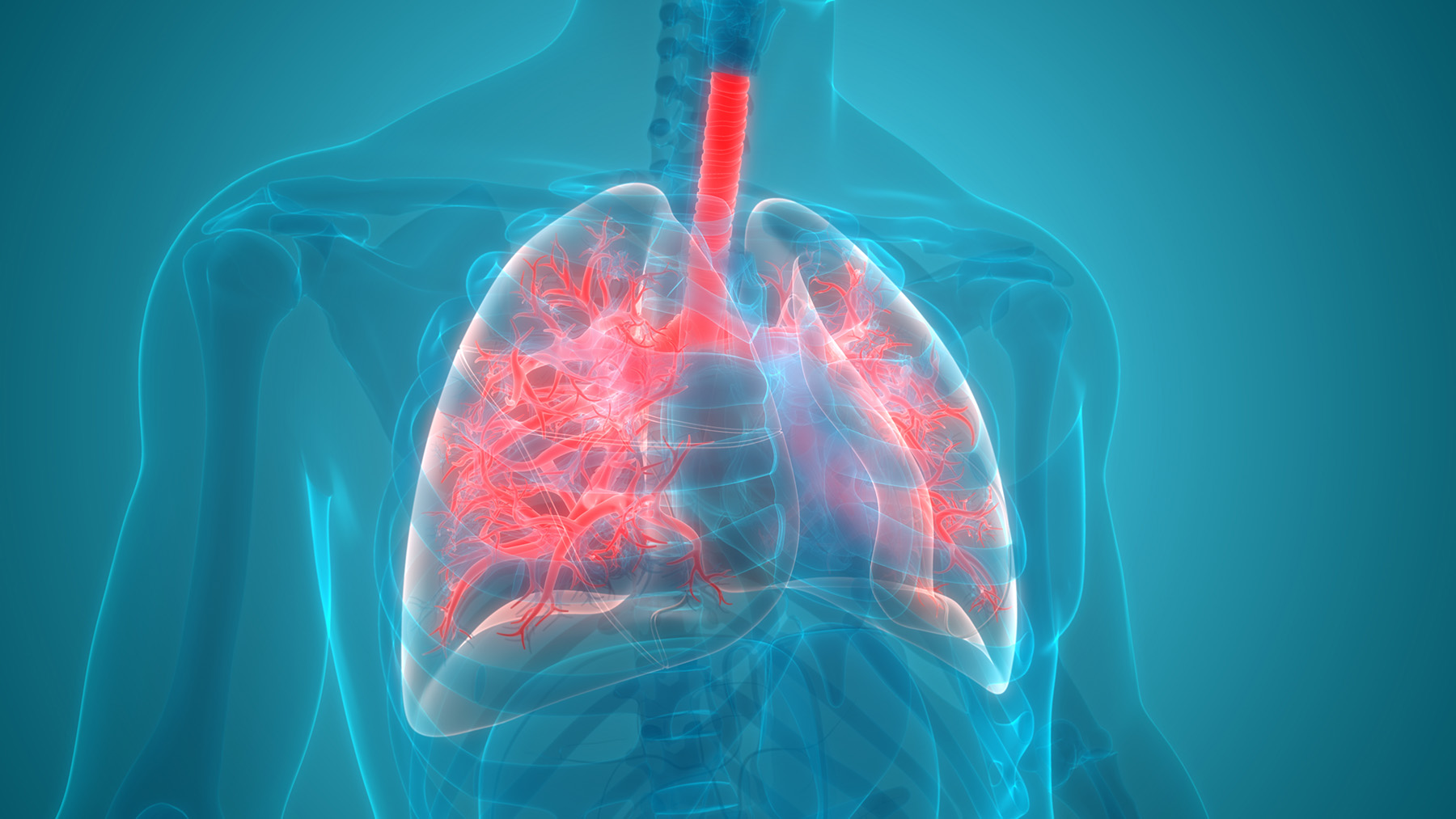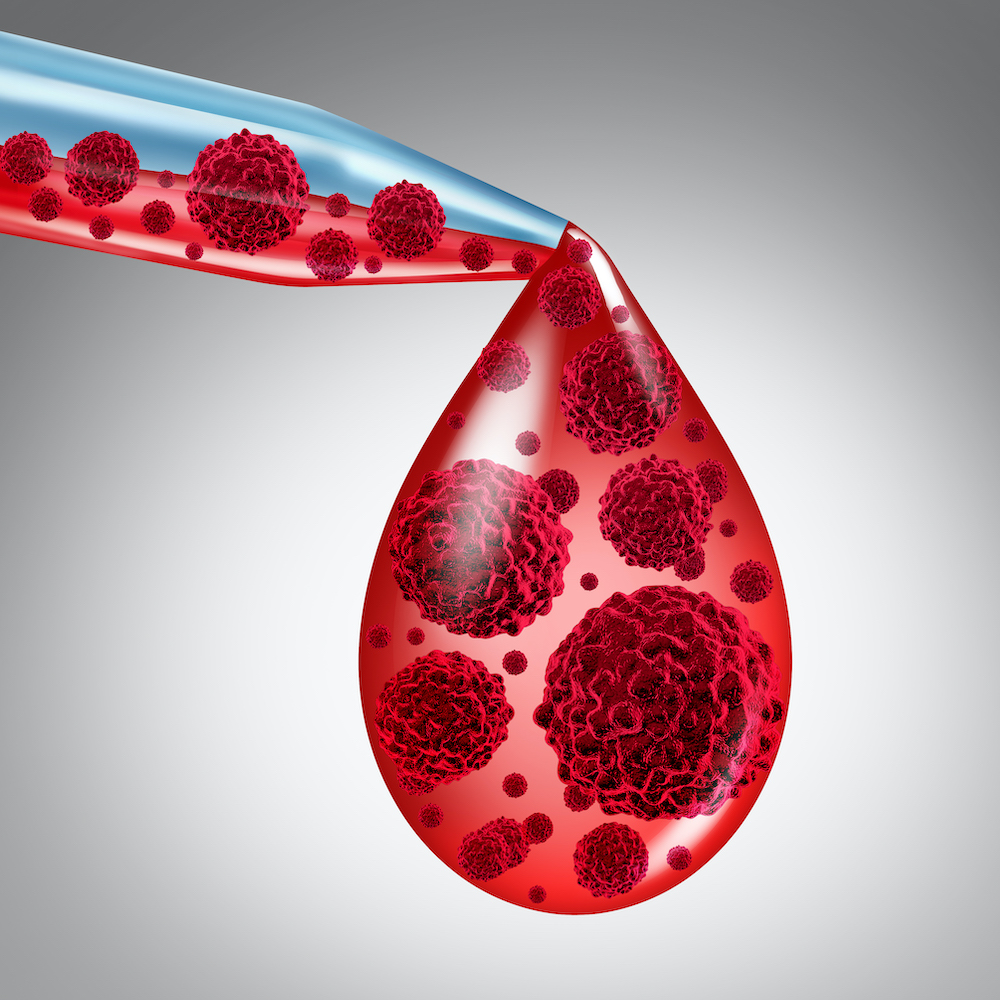Launch Date:
August 17, 2021
Expiration Date:
August 17, 2022
primary audience:
Nurse practitioners, Oncology physicians, Pathologists and pharmacists, Physician assistants, Pulmonary physicians
Relevant Terms:
Adenocarcinoma, Atezolizumab, Cemiplimab, Chemotherapy, Cytology specimen testing, Durvalumab, Immune checkpoint inhibitor, Immune-related adverse events, Ipilimumab, Iraes, Large cell, Nivolumab, Nsclc subtype, Pd-l1, Pembrolizumab, Programmed death-ligand 1, Squamous, Toxicity
Hossein Borghaei, DO, MS
 Dr Hossein Borghaei earned his degree at Philadelphia College of Osteopathic Medicine and completed a residency at Graduate Hospital in Philadelphia. Since completing his fellowship training at Fox Chase, he has been involved in a number of clinical trials aimed at developing new, antibody-based therapies and immunotherapies for patients with lung cancer.
Dr Hossein Borghaei earned his degree at Philadelphia College of Osteopathic Medicine and completed a residency at Graduate Hospital in Philadelphia. Since completing his fellowship training at Fox Chase, he has been involved in a number of clinical trials aimed at developing new, antibody-based therapies and immunotherapies for patients with lung cancer.
In addition to his clinical practice and participation in immunotherapy-based clinical trials, Dr Borghaei is the principal investigator (PI) of a laboratory that develops new monoclonal antibodies and novel immune-modulating drugs, with the aim of bringing these approaches to the clinic. He served as the PI of a phase III randomized study that proved the effectiveness of nivolumab in the treatment of patients with advanced non-squamous non-small cell lung cancer after progression on prior chemotherapy. This work led to the approval of nivolumab, one of the first immunotherapy-based drugs to be approved for lung cancer in this setting.
Dr Borghaei is a member of the thoracic core committee at Eastern Cooperative Oncology Group (ECOG) and, until recently, was a member of the National Comprehensive Cancer Network (NCCN) Non-Small Cell Lung Cancer panel. He is a long-standing member of the American Society of Clinical Oncology (ASCO), the American Association for Cancer Research (AACR), the International Association for the Study of Lung Cancer (IASLC), the Society for Immunotherapy of Cancer (SITC), and the ECOG thoracic committee.
Dr. Borghaei has been a recipient of the Robert Krigel Memorial Award for Teaching Excellence from Fox Chase Cancer Center, ASCO’s Young Investigator Award, and an ASCO Career Development Award. His work has been published in The New England Journal of Medicine, Journal of Clinical Oncology, Lancet Oncology, Leukemia Research, Journal of Thoracic Oncology, Clinical Cancer Research, Clinical Lung Cancer, and Journal of the National Comprehensive Cancer Network.
Kurt A. Schalper, MD, PhD

Dr Schalper’s research is focused on understanding the immunobiology of human solid tumors and developing molecular biomarkers for prediction of response or resistance to therapies. In particular, his group has been actively evaluating the role of specific tumor antigens and immune evasion pathways used by human lung malignancies including immune co-inhibitory/stimulatory ligands and receptors, tolerogenic enzymes, immune suppressive cells, antigen presenting/processing machinery, metabolic alterations in the tumor microenvironment, and oncogenic intracellular signaling. More recent and future scientific interests include the evaluation and clinical impact of tumor immune heterogeneity and editing.
A CE-certified enduring activity jointly provided by Rutgers Biomedical and Health Sciences and Spire Learning.
Upon completion of this activity, learners should be better able to:
- INTEGRATE optimal testing strategies for PD-L1 in NSCLC with patient-specific characteristics to offer the most appropriate and effective treatment regimens
- EVALUATE recent evidence for current and investigational ICIs used in monotherapy and combination regimens for NSCLC
- IMPLEMENT evidence-based and guideline-directed strategies to accurately identify and mitigate irAEs associated with ICI therapy
 In support of improving patient care, this activity has been planned and implemented by Rutgers Biomedical and Health Sciences and Spire Learning. Rutgers Biomedical and Health Sciences is jointly accredited by the Accreditation Council for Continuing Medical Education (ACCME), the Accreditation Council for Pharmacy Education (ACPE), and the American Nurses Credentialing Center (ANCC) to provide continuing education for the healthcare team.
In support of improving patient care, this activity has been planned and implemented by Rutgers Biomedical and Health Sciences and Spire Learning. Rutgers Biomedical and Health Sciences is jointly accredited by the Accreditation Council for Continuing Medical Education (ACCME), the Accreditation Council for Pharmacy Education (ACPE), and the American Nurses Credentialing Center (ANCC) to provide continuing education for the healthcare team.- Read the learning objectives, disclosure statements and other introductory CME information
- Complete the preassessment prior to the start of the activity
- Participate in the online enduring activity
- Complete the postassessment with a passing grade of 70% or higher and the evaluation at the conclusion of the activity
FACULTY
Resident Member
Rutgers Cancer Institute of New Jersey
New Brunswick, NJ
| Supported Browsers: Microsoft Edge Google Chrome 60 or higher Mozilla Firefox 60 or higher Apple Safari 11.0 or higher For video, install the latest version of Quicktime. |
Supported Phones & Tablets: iOS 9.3 and higher Android 7.0 (Nougat or higher) Microsoft Windows 8 Chrome OS
|
| Additional Recommendations and Requirements | |
| Display Resolution & Color Depth | Resolution – 960 X 768 minimum – 1024 X 768 recommended min. Color Depth |
| Audio | – Microphone – Speakers or headphones – Audio recording support |
| Word Processing | Software that can open, modify, and save documents in Rich Text Format (RTF). Microsoft Word and PowerPoint are recommended. |






